Craft beer, the category that Boston Beer Co. gets a ton of credit for helping to create, continues to be a hindrance in its growth. In its first quarter earnings report for 2017, Boston Beer reported a $27.1 million decrease (14 percent) from the same period last year, mainly due to a decline in shipments of 15 percent. Depletions decreased 14 percent from the comparable 13-week period in 2016.
Full-year depletion and shipment change continues to be estimated at between minus 7 percent and plus 1 percent. Year-to-date depletions through the fifteen weeks ended April 15, 2017, are estimated by the company to have decreased approximately 13 percent from the comparable period in 2016.
“These declines were mostly caused by weakness in the Samuel Adams brand, especially our seasonal beers, and a general softening of the craft beer category that continues to be very competitive,” noted Jim Koch, chairman and founder of the company. “New craft brewers continue to enter the market and existing craft brewers are expanding their distribution and tap rooms, with the result that drinkers are seeing more choices.”
Inside spring sales
During the quarter, Boston Beer introduced several new beers, including its second spring seasonal, Samuel Adams Fresh as Helles, Samuel Adams Rebel Juiced IPA and a refreshed Samuel Adams Rebel IPA. At the moment, the company is rolling out its summer seasonal, Samuel Adams Summer Ale.
“Most of our volume declines for the quarter resulted from the underperformance of our 2017 spring seasonals compared to Samuel Adams Cold Snap last year,” stated Martin Roper, the company’s out-going president and CEO. “The weakness in our two new spring seasonals seems to have resulted from a combination of drinker confusion at retail, acceptability of these seasonal beer styles and the timing of our seasonal transitions compared to last year. We took our learnings from Hopscape and applied them to Fresh as Helles and saw improved pull but still significantly lower volumes than our seasonal volumes during those same weeks last year.”
So, what are the plans from here? Roper says priorities for 2017 remain unchanged.
“Our number one priority is returning both Samuel Adams and Angry Orchard to growth through continued packaging, innovation, promotion and brand communication initiatives, while maintaining Twisted Tea’s momentum. Our second priority is a focus on cost savings and efficiency projects to fund the investments needed to grow our brands, including the increased investments planned in the second quarter.
“We have adjusted our organization to the new volume environment, while preserving the capability to innovate and return to growth,” Roper continued. “This includes adjusting short-term brewery capacity, organizational alignment behind brand and market priorities, changes to our spending policies and behaviors and significant improvement in yields and efficiency across our supply chain. Based on these efforts, we are maintaining our previously stated goal of increasing our gross margins by about 1 percentage point per year over the next three years, before any mix or volume impacts, while preserving our quality and improving our service levels. Our third priority is long-term innovation, where our current focus is ensuring that Truly Spiked and Sparkling maintains its leadership position in its segment and reaches its full potential.”
“We believe that we are well positioned to meet the longer-term challenges of this competitive environment through the quality of our beers, our innovation capability and our sales execution strength, coupled with our strong financial position that enables us to invest in growing our brands,” Koch said.
Fiscal 2017 Outlook
- Depletions and shipments percentage change of between minus 7 percent and plus 1 percent.
- National price increases of between 1 and 2 percent.
- Gross margin of between 51 and 52 percent, increasing during the year due to progress on the cost saving initiatives.
- Increased investments in advertising, promotional and selling expenses of between $20 million and $30 million.
- This does not include any changes in freight costs for the shipment of products to the company’s distributors.

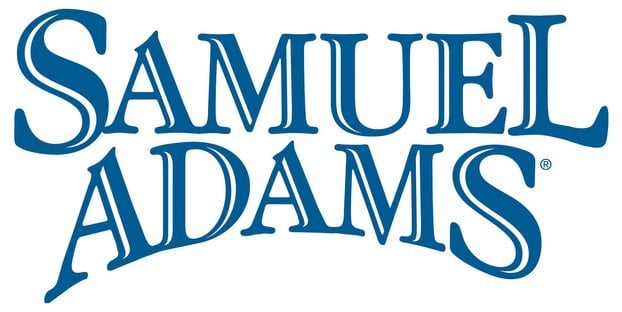
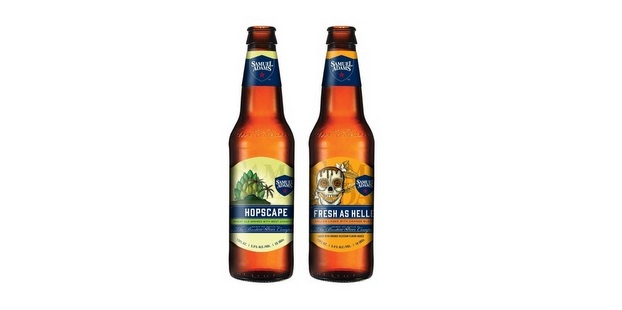
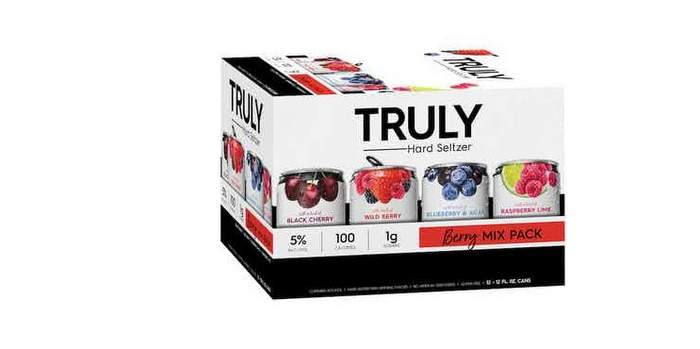
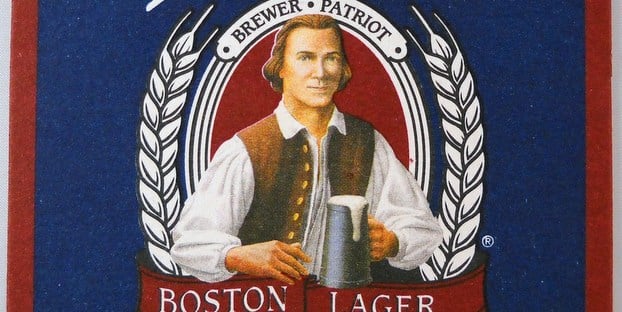
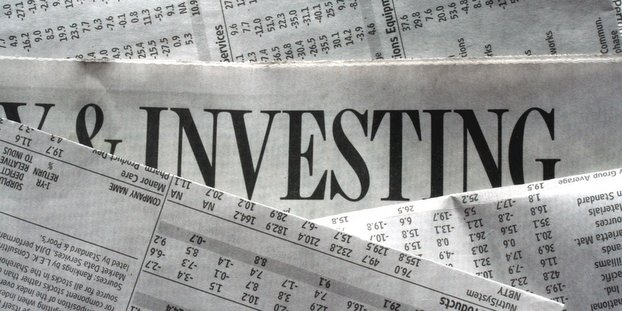
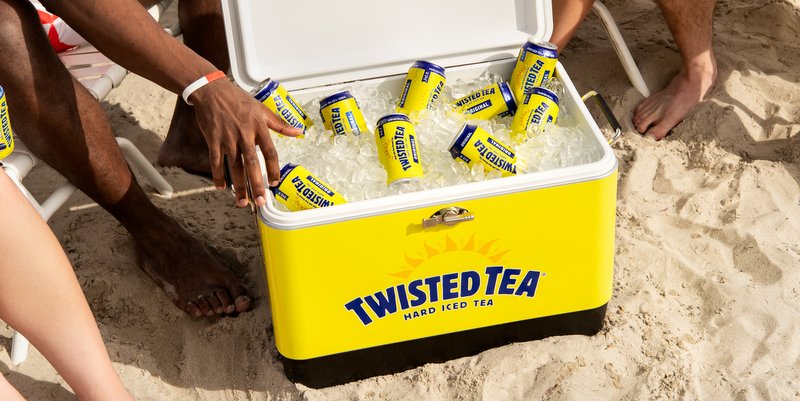
[…] Adam’s downgrade follows a turbulent first half for the company after it reported $27.1 million decrease (14 percent) from the same period last year, mainly due […]